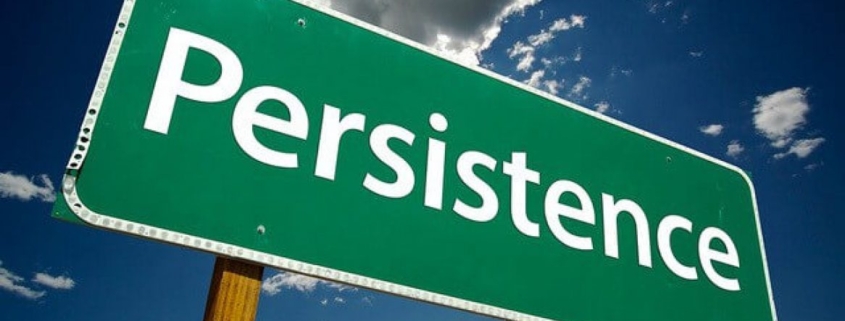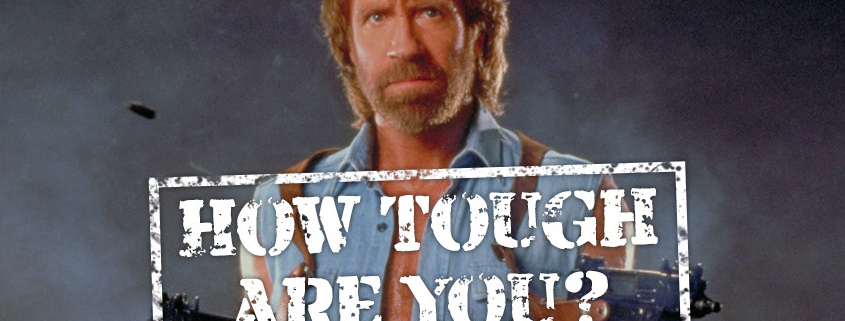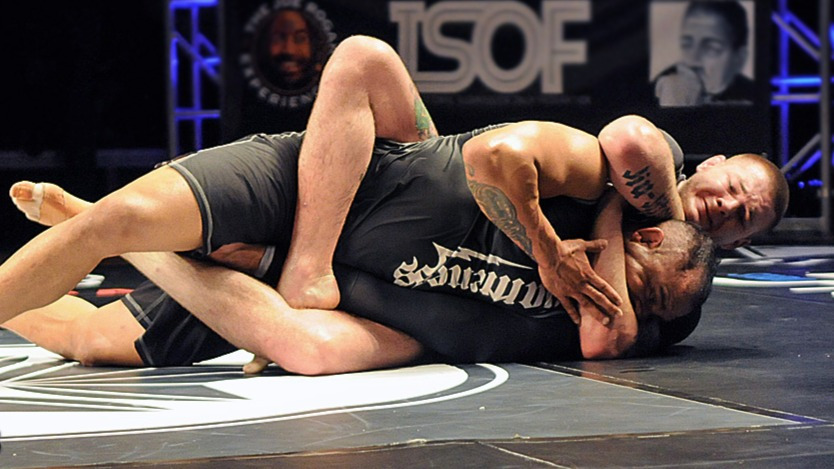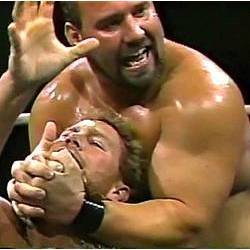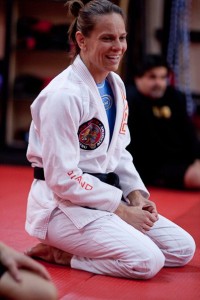How do you know that you need to train your training partner? The easiest way is to ask yourself whether you enjoyed the roll you just had with them.
If you didn’t enjoy the roll, the worst thing to do is to talk to them about it immediately afterwards. When emotions are high, there will be misunderstanding and overstatement which will lead to bad feelings. Instead, just tap hands and mentally note that the goal of your next roll with them will be to train them to be a better training partner for you.
Here are five training partners that are not fun to roll with, and suggestions on how to improve future rolls.
The enthusiastic beginner with high attributes and low skill
Beginners have little skill, so they need to use lots of physical attributes to be competitive. With experience, they will gain skills and experience. They will realise that BJJ is an endurance game and will learn to conserve their energy and only use their attributes when necessary. But before that happens, they use too much strength, move too quickly and thrash around, all the while potentially injuring you with their flailing limbs.
Beginners will eventually become competent but you can hasten this. Firstly, rolling is competitive and beginners want success. All a beginner is thinking of is winning, so let them. Let them sweep you. Let them gain dominant position. Let them submit you. The easier you make it for them to do this, the less they’ll need to use physical attributes. They’ll quickly realise they don’t need to use so much energy and they’ll calm down. Now you can start increasing the difficulty level. Your goal is to have your training partner come to the realisation that winning isn’t sufficient, it’s how they win that matters.
Your training partner doesn’t gain any satisfaction when they win and it is obvious that you are letting them. You are helping them to clarify their understanding that they don’t want to merely win with their attributes, they want to win with their skill. At this point, many training partners will often say that they don’t know what to do (BJJ-wise) so go ahead and share your knowledge.
The too-rough training partner
Your training partner is competent, but he is rough. You walk away from a roll sore or injured. Your training partner likely doesn’t have a good grasp of controlling intensity.
Firstly, if you get injured, tell your training partner and tell your coach. Injuries should be uncommon. Injuries are a warning sign that something is wrong with the gym culture and your coach needs to know about this to fix it.
Your training partner needs to become aware of his own intensity level. Pretend you’re made of tissue paper and tap early and often. If your training partner squeezes you too hard, tap. If he attempts a submission, tap at least a second before it is applied. When your training partner asks why you are tapping so much, let him know you’re afraid of getting injured and are tapping early for your own safety. Ensure you are just stating a fact, don’t whine about it. Assume that your training partner is not malicious, just unaware. By tapping whenever the intensity is too high, you are training your training partner to become sensitive to his own intensity level.
Mismatched intensities
This is the most common cause of dissatisfaction after rolling. You’re tired or just wanting a fun roll, while your partner is rolling to test where their level is. The problem here is with mismatched expectations. Either you or your partner needs to match intensity, or you should stop rolling or risk injury.
The problem is one of communication. If you want a fun roll, say so before tapping hands to start. Be sure to say “fun roll” and not “light roll”. “Light roll” is code for “I want to go light only as long as I’m winning, but if I start losing I’ll go as hard as I can.”
The up-and-comer
Your training partner is less experienced than you, on a meteoric rise and you are the next stepping stone. This is a hard roll and you have to pull out all your physical attributes to prevail.
If this is not fun for you, then why are you fighting so hard? It’s time to contemplate your ego.
The arrogant higher belt
You’re on a meteoric rise and your training partner is next ahead of you. But whenever you roll him, he increases the intensity and you can’t beat him. It’s not fair.
You’re not there yet. Improve your skill level. This training partner is the best to help you with this. If you can’t pass his guard, ask him why not. Ask him to show you how to pass his guard. Drill it with him. Your training partner will be happy to help you improve because it means you become a more challenging training partner for him.
If you’re not having a fun roll, either you need to train your training partner or you need to change your attitude.
This post has been about improving bad training partners. The next post will be on making the good ones even better.

